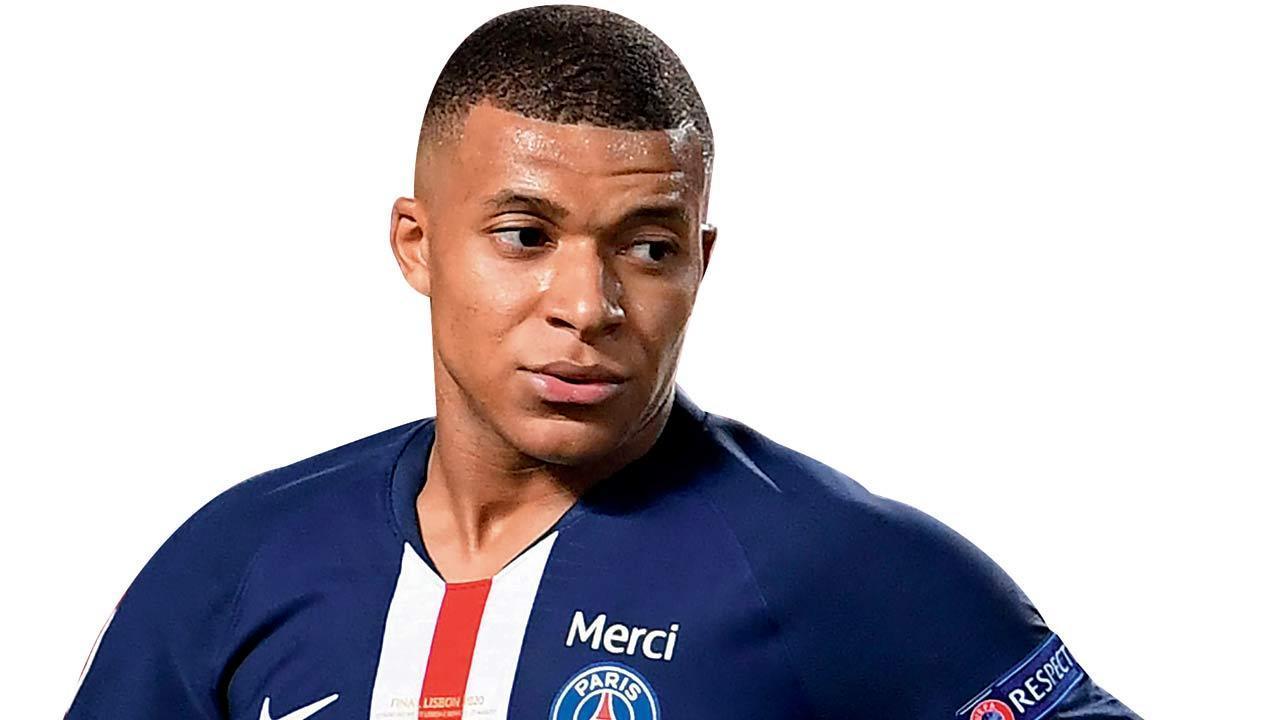
In a significant development within European football, Kylian Mbappe, the prolific French striker known for his blistering speed and extraordinary skills, has initiated legal action against Paris Saint-Germain (PSG) and its major shareholder, Qatar Sports Investments. According to a detailed report by the French newspaper Le Monde, the conflict centers around an alleged 55 million Euros (approximately R511 crore) in unpaid wages due to Mbappe. This contentious issue has now been elevated to the attention of the Union of European Football Associations (UEFA).
The tension between Mbappe and PSG became palpable in mid-June when PSG received an official notice from Mbappe’s representatives. The notice specified serious allegations surrounding unpaid salaries covering the last three months of his contract—April, May, and June. Apart from the monthly salaries, the disputed amount includes an “ethical bonus” for these three months. Additionally, Mbappe was expecting the final third installment of a signing bonus, which amounts to 36 million euros, initially scheduled for disbursement in February.
The rift between the star striker and his club is not just a simple wage dispute but involves deeper contractual issues. The unfolding saga saw Mbappe lodging a formal complaint with the legal committee of the French Professional Football League (LFP). This action was grounded on article 259 of France’s professional football charter, which mandates that clubs must pay players their salaries by the last day of each month, as stipulated under ordinary law.
The LFP’s involvement was a critical step in Mbappe’s strategy to secure his earnings. The committee, bound by its regulatory framework, began its procedural review, leading to an inevitable escalation of the issue. Following the standard procedure, the matter was subsequently referred to UEFA through the French Football Federation (FFF).
The situation has created waves in the football community, bringing up broader questions about player-club relationships and the implications of delayed payments, even in high-stakes sports organizations. As a top-tier player who has consistently delivered sterling performances on both club and international platforms, Mbappe’s move to seek legal recourse underscores the gravity of the situation and the potential ramifications for PSG.
.
Mbappe’s dispute with PSG is not merely a financial disagreement but also brings forth critical ethical considerations. His claim for an “ethical bonus” indicates that the issue transcends monetary figures, touching upon principles and expected conduct within the professional sports domain. This bonus, allegedly owed for maintaining exemplary professional conduct, underscores how financial agreements sometimes encompass broader value systems and professional ethics.
Meanwhile, PSG faces immense scrutiny as the club maneuvers through this high-profile dispute. Mbappe’s affiliations with PSG, marked by remarkable achievements, have now been overshadowed by this discord. The club’s management and its principal stakeholder, Qatar Sports Investments, find themselves at a crossroads, needing to address the allegations while maintaining their stronghold in European football.
This legal dispute also highlights the essential roles played by football governing bodies like UEFA and national associations like the FFF in arbitrating such conflicts. UEFA’s involvement signals the necessity of external enforcement and oversight to resolve wage disputes, which have the potential to tarnish the sport’s image.
Mbappe, known for his articulate stance on player welfare and rights, has once again brought attention to the essential need for adherence to contractual obligations. His decision to pursue formal channels in seeking resolution not only reinforces his personal integrity but also sets a precedent for fellow professionals facing similar situations.
This unfolding legal drama between Kylian Mbappe and PSG is more than a mere headline; it represents a pivotal moment in sports contracts and ethical remuneration. As the footballing world watches closely, the outcome of this dispute may fundamentally influence contractual engagements and the enforcement of player rights in the future.
In the upcoming weeks and months, all eyes will remain on UEFA’s verdict and PSG’s response, as the club navigates this tumultuous phase. The stakes are high for both parties, as is the precedent this case will set for the broader athletic community. The resolution of this dispute is awaited not only by those directly involved but also by football aficionados and stakeholders across the globe.










